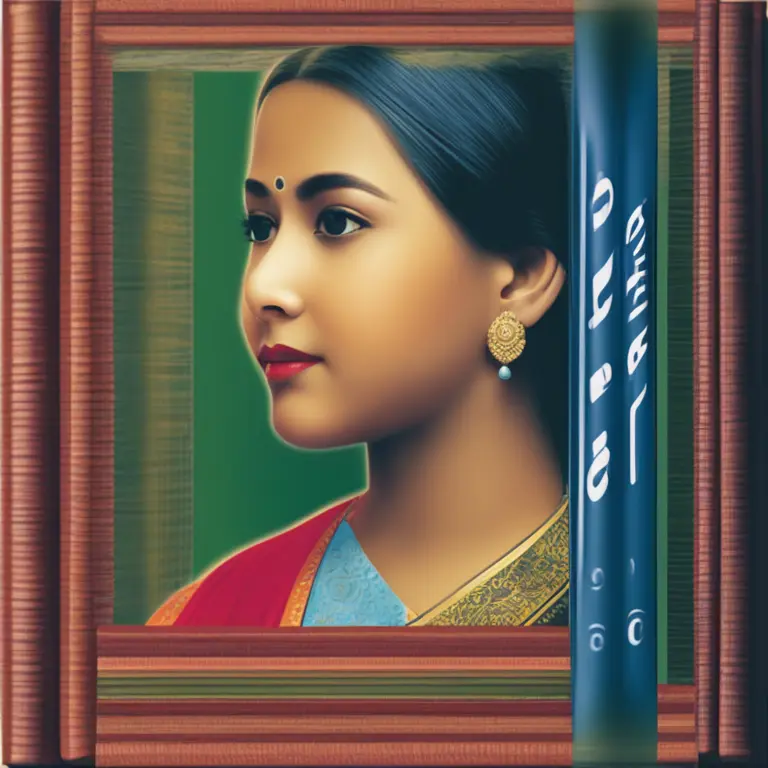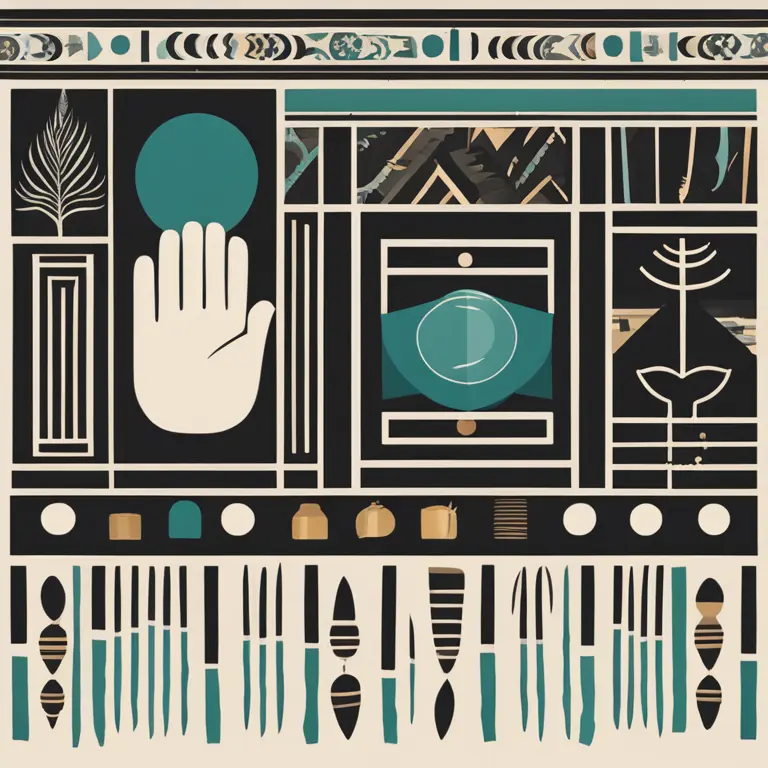
The Basics of Palmistry Explored
Delve into the basics of palmistry and its technique for reading the lines and shapes in your hands to gain insights into your personality and future.
article by Nora Pennington
The Roots of Palmistry
Palmistry, also known as chiromancy or chirology, is an ancient practice that traces back thousands of years, with roots in Indian, Chinese, and Egyptian cultures. Historically regarded as a type of divination, palmistry is the art of analyzing a person's palm to gain insights into their character and future life prospects. Despite varying perceptions, its resilience over time indicates a continued fascination with what the human hand can symbolize.

The Palm's Landscape
The palm of the hand is often viewed as a map, with its many lines, mounts, and shapes forming a unique terrain for each individual. Key elements include the heart, head, and life lines, which palmists consider central to a reading. Additionally, the mounts of the palm, named after celestial bodies like the Sun, Moon, and Venus, offer extra layers of meaning, pertaining to different aspects of one's life and personality traits.

Interpreting the Heart Line
The heart line, traditionally beginning under the edge of the palm on the pinkie side, is believed to shed light on emotional stability, romantic perspectives, and health-related matters of the heart. A long line suggests an expressive and idealistic nature, while a short one implies a more self-contained approach to emotions. Its depth and clarity can also offer clues about the relationships and feelings one navigates through life.

Decoding the Head Line
The head line runs below the heart line and reflects intellectual leanings and the mental makeup of an individual. A straight line suggests practical and structured thinking, while a wavy one might indicate a more creative and spontaneous intellect. The length and depth of this line are interpreted to understand one's learning style, communication approach, and philosophical inclinations.

The Lifeline's Tale
Often misconceived as an indicator of lifespan, the lifeline actually provides insights into life's journey, vitality, and significant life changes. Beginning near the thumb and encircling the Venus mount, a deep and unbroken line is often associated with a robust, adventurous life. A faint or fragmented lifeline might suggest a person with low energy or someone who frequently experiences life upheaval.
Different Hands, Different Meanings
In palmistry, the dominant hand typically reflects manifested traits, the 'active' part of oneself, and the non-dominant hand reveals innate potential, the 'passive' side. Analyzing both hands can offer a holistic view of character, whereby the dominant hand's developments can be seen as one's achievements or adaptations on top of their inherent qualities as suggested by the non-dominant hand.
Palmistry in the Digital Age
As we step into 2024 and beyond, palmistry continues to evolve. With the advent of technology, online readings and palmistry apps have made this age-old practice more accessible. Though a machine may not replace the intuition and experience of a seasoned palmist, these tools can provide a fun introduction for those curious about the insights that palmistry may hold.
Published: 1/29/2024
Modified: 1/29/2024
More predictions
Come back here soon to learn more about yourself and your future


The Art of Palmistry: Your Hand Explored
Discover what the lines, shapes, and mounts on your palms may reveal about your personality and destiny in this insightful guide to hand palmistry.


The Double Life Line Phenomenon
Explore the enigmatic meaning of a double life line in palmistry and what it reveals about your vitality, support systems, and life journey.


The World of Palmistry: Fact or Fallacy?
Delve into the debate on palmistry's validity and explore whether this ancient practice can sometimes lead to misconceptions.